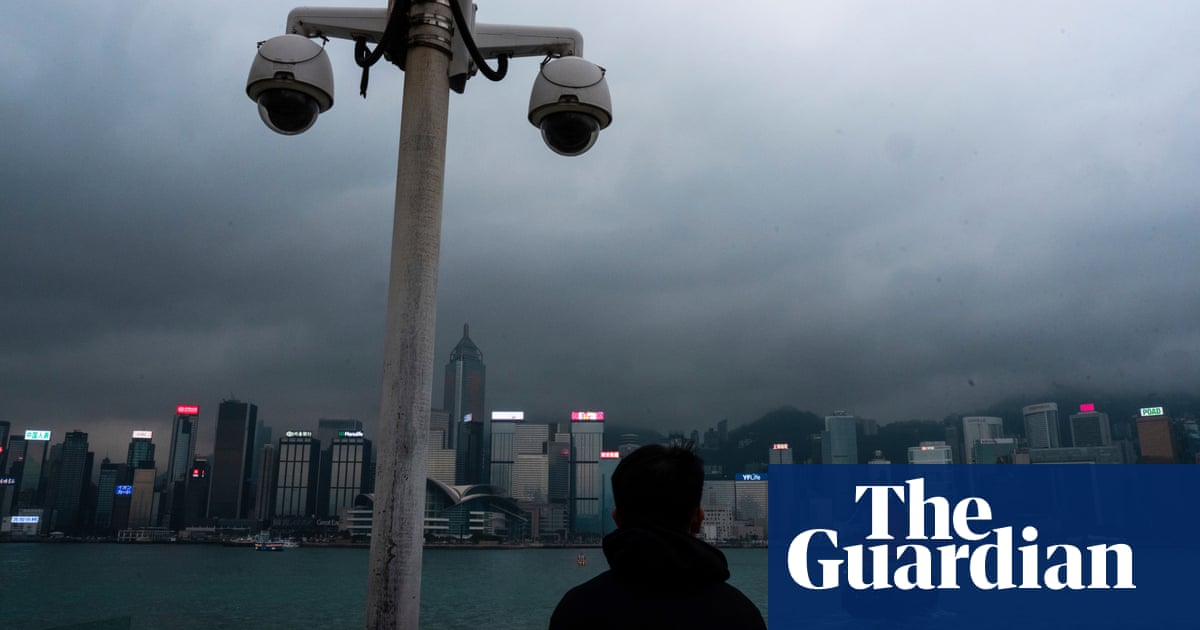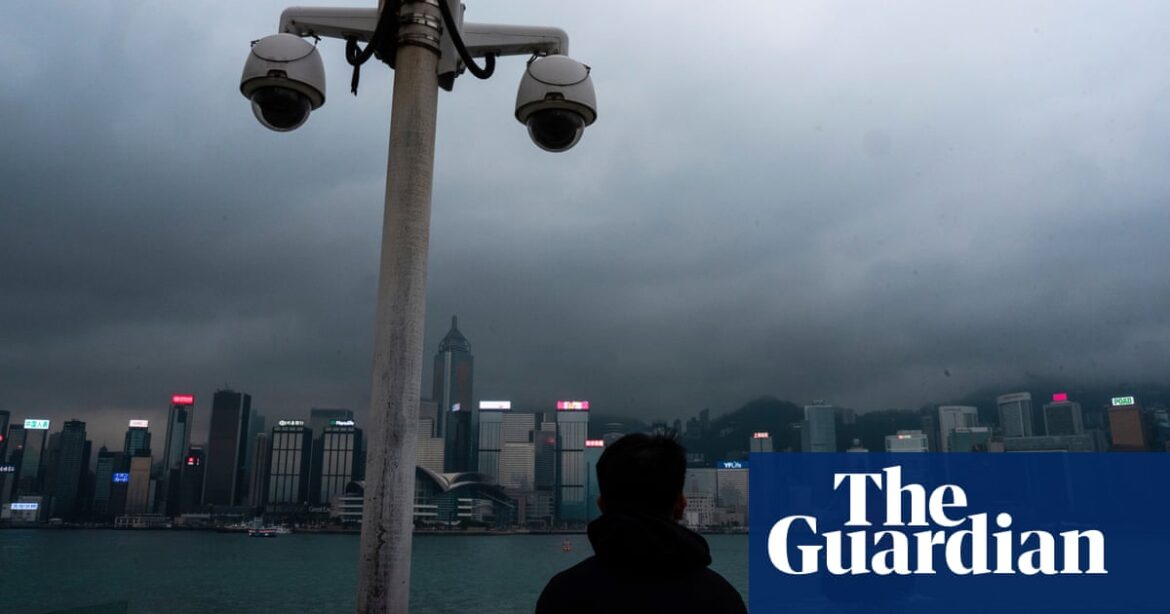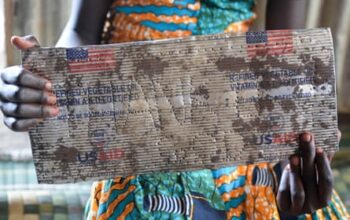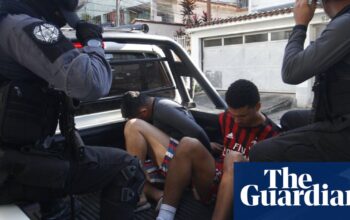
US-funded Radio Free Asia (RFA) has closed its Hong Kong bureau over safety concerns for its staff in the wake of a new national security law known as Article 23.
“Actions by Hong Kong authorities, including referring to RFA as a ‘foreign force’, raise serious questions about our ability to operate in safety with the enactment of Article 23,” its president, Bay Fang, said in a statement on Friday.
The new law comes with stiffer punishments from several years up to life in jail for crimes including treason, sedition, state secrets, espionage and external interference.
The Hong Kong government said in an emailed response to Reuters that it would not comment on RFA’s decision, but it “condemn[s] all scaremongering and smearing remarks”.
“To single out Hong Kong and suggest that journalists would only experience concerns when operating here but not in other countries would be grossly biased, if not outrageous,” it added.
Article 23 came into effect on 23 March after it was unanimously passed by Hong Kong’s pro-Beijing legislature, updating a broader China-imposed national security law in 2020.
Beijing says the law is necessary to restore order to the financial hub after mass pro-democracy protests in 2019.
But critics such as the US government say the law gives authorities broader powers to clamp down on dissent.
A US state department spokesperson said: “RFA’s decision represents the latest consequence of Hong Kong authorities’ continuing suppression of media freedom.
“We remain deeply concerned about the deterioration in protection for human rights and fundamental freedoms and the systematic dismantling of Hong Kong’s autonomy under the national security law and recently passed Article 23 legislation.”
In January, the Hong Kong police criticised RFA for an interview with an exiled activist, Ted Hui, saying it should not provide a platform for Hui to slander the police.
Then in February, Hong Kong’s security minister, Chris Tang, said some comments quoted in reports by RFA about the new legislation were “fake” and “false”.
Tang did not specify, but said they suggested that some provisions of the law were targeting the media. He insisted there were protections for the media in the legislation.
When asked whether the work of RFA was considered “external interference” or “espionage”, Tang said any violation of the law should be judged on a case-by-case basis.
In recent weeks, Hong Kong authorities have issued statements criticising some international media outlets including the BBC for their reporting on the new security law, while stressing they continue to respect media freedoms.
Since the introduction of the 2020 law, two local news outlets known for critical coverage of the government, Apple Daily and Stand News, were forced to shut down after the arrest of their senior management, including Apple Daily publisher Jimmy Lai.
RFA had been operating its Hong Kong bureau since 1996, a year before the former British colony reverted to Chinese rule.
The news service said it would still retain its official media registration in Hong Kong.
Earlier, the US secretary of state, Antony Blinken, said the US was taking steps to impose new visa restrictions on multiple Hong Kong officials over the crackdown on rights and freedoms.
The Hong Kong government said in a statement on Saturday that the threat to sanction Hong Kong officials “grossly interferes” in Hong Kong affairs and China’s internal affairs.
With Reuters and Associated Press
Source: theguardian.com



